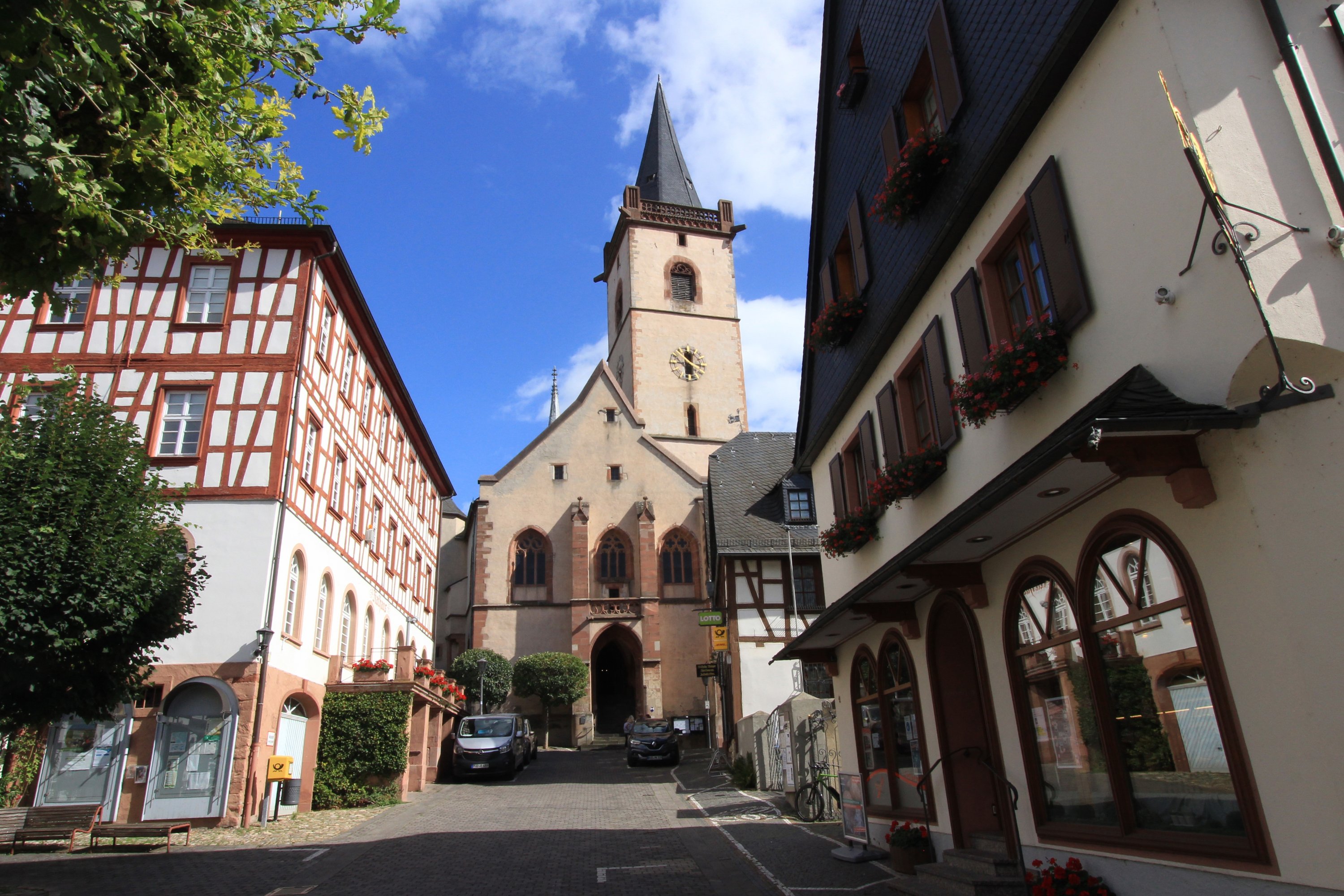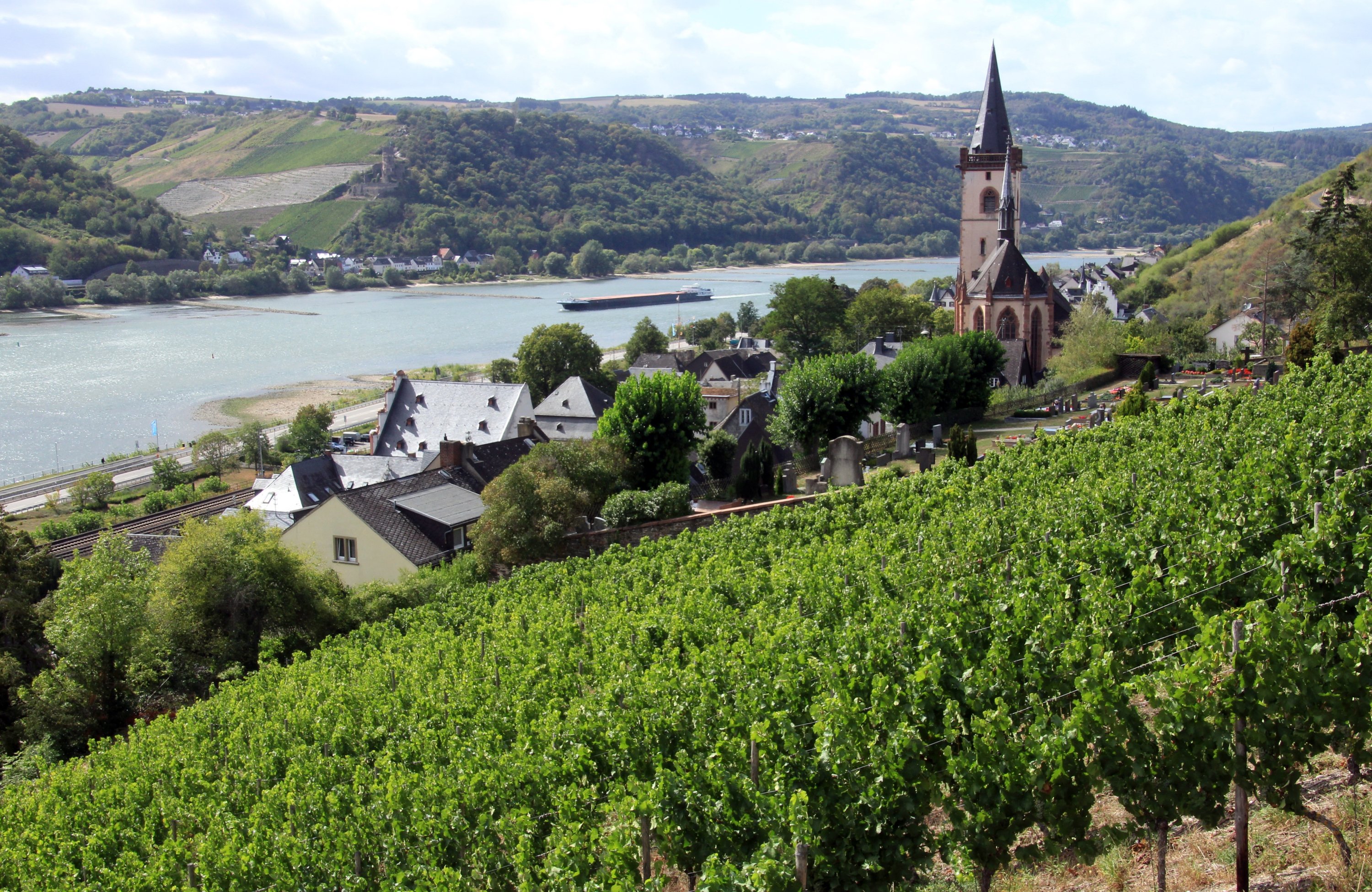© Turkuvaz Haberleşme ve Yayıncılık 2026
According to Robert Carrera, the Wisper river speaks its own language. “Can you hear it – this murmur and whisper of the water?” the hiking guide asks.
The small river meanders through the Rhine-Taunus region in western Germany, from Lorch am Rhein in Hesse to the town of Heidenrod, through a quiet and seemingly unspectacular landscape.
Cornfields, horse paddocks, a couple of tranquil villages and deep forests with beech, oak and maple line the low mountain range to the left and right of the Wisper.
Compared to the bustling banking hub at the heart of the greater Frankfurt area, some 50 kilometers (31 miles) away, time has stood still for the longest time here along the Wisper.

Since October 2019, more and more hikers have been attracted by the so-called Wisper Trails, which include 15 trails certified by the German Hiking Institute. Another one is set to open this summer.
“We thought to ourselves: the villages along the Wisper should be revived,” Robert Carrera remembers. And hikers were thought to be the solution.
Based on the famous long-distance hiking trail along the banks of the Rhine, the Wisper-Taunus Trail covers a distance of 44 kilometers (27 miles) through two German provinces: Rhineland-Palatinate and Hesse. Hikers will cross three summits, four villages and five valleys on their way.
More experienced hikers will need two days for the trail, which includes 1,230 meters (4,000 feet) of ascent and 1,695 meter of descent in total.
But this is only one route among many in this new hiking paradise. “We also wanted to create a wide range of options for hikers who prefer loops,” says Carrera.
Once he had gathered some ideas, he needed to convince the right people. Together with other hiking enthusiasts, he talked to mayors, administrators, politicians, hunters, rangers and environmentalists. Eventually, a planning office was commissioned.
Locals were also involved in planning the trails. But some conservationists questioned the necessity for new routes in the area and some trails had to be redirected.
In the end, Carrera managed to convince enough municipalities to participate in the project and even secured EU funding for route mapping and marking of the Wisper trails.

The Wisper trails include a wide range of routes for all levels. The premium walk Wispertaler Kroenchen, for example, only covers a distance of 5.2 kilometers (3.2 miles) and an elevation of some 105 meters (344 feet), ideal for a 90-minute walk.
More trained hikers can try the Glaabacher Almauftrieb, some 19 kilometers (12 miles) wriggling up and down the hills for a total elevation of 500 meters. The trail should take five hours and is best done as a day-trip.
“Hiking on the Wisper Trails has gotten a big boost through Covid,” says Susanne Roentgen-Musel from a hotel in Lorch. Its Bauhaus-style listed building was converted into a stylish hotel in 2013.
According to the hotel manager, bookings from younger guests coming to hike in the area, a popular tourist destination in the 1960s and 1970s, are currently increasing. Carrera’s vision has certainly helped to rejuvenate the region.
